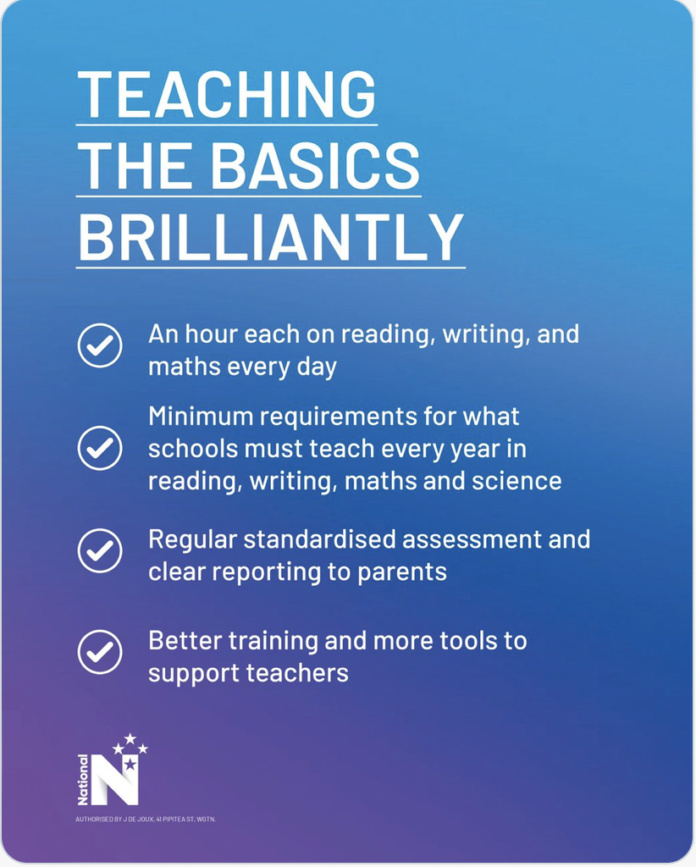NZ was at the top of International Achievement in Literacy in the years before Tomorrow’s Schools.
Tomorrow’s Schools saw schools encouraged to compete with each other rather than the collaborative environment under the previous Education Boards.
The reforms saw the end of dedicated educational advisers – including advisers in Reading and Mathematics. These advisers shared knowledge with teachers and also arranged for teachers to share their practical ideas.
Tomorrow’s Schools also saw the end of three year Teachers’ Colleges and placed teacher training at universities – this training was more academic and lacked practical experience and limited focus on many subject areas.
Next with the introduction of neoliberal market forces ideology New Zealand saw the growth in inequality which was to the advantage of schools in high decile areas. The inequality gap has put stress on families resulting on far more behaviour problems facing already stressed teachers.
Add to this the technocratic New Zealand Curriculum Framework introduced by National’s Lockwood Smith which placed impossible assessment and documentation demands on teachers.
In 2007 the Labour Government introduced a more teacher friendly curriculum but before it could be established National returned to power and introduced National Standards which, time has shown, had a negative effect on learning along with a narrowing of the curriculum.
These National Standards in literacy and numeracy required endless assessment and documentation and in the process sidelined the creative aspects of learning. This toxic assessment has, for many teachers, destroyed their love of teaching.
Additionally, according to Johann Hari, in his book ‘Stolen Focus’, worldwide students are increasingly distracted by modern information technology.
Oh, and one more thing, since the demise of Tomorrow’s Schools there is no system of keeping track of kids (usually from difficult home environments ) who don’t even attend school!
That’s what has happened since the Tomorrow’s Schools reforms.
And now National are proposing National Standards Mark 2!
If they are ever introduced they will take primary education back to the 1930s. In those days class levels were called Standards and students tested in the ‘three Rs’ – those achieving the Standard were passed on to the next class (Standard) and those who failed held back.
Luxon and Stanford are taking us back to the past – just when we need a curriculum to develop the diverse talents and passions of all students.
Who will want to be teachers in such a toxic environment?
Bruce Hammonds is an Education Academic



Bruce Hammonds has been an outstanding proponent of quality, enriched education in primary schools for decades. He’s particularly well known and respected in the Taranaki area, but has influenced school development across the country. National’s reductionist education proposals are anathema to everything that Bruce stands for. Bruce, and like minded educators, are the people politicians should be listening to, and then New Zealand would truly have a world class primary education system.
I think a ‘back to basics’ approach is actually a good starting point. The system has become too complex; I hear many complaints that the administrative burden is now too great.
But too much testing would probably make that problem even worse.
There should also be a return to the principles of classical education. The attempts to remake the curriculum (outside the GPS grammar schools) into a kind of vocational training are thoroughly reactionary.
Of course the Tories want to turn everything into a Charter Academy and sell off all the assets, which would negate any other changes they might make.
I don’t know what shortcoming this promise to have regular assessment is based upon, local school pupils in my area are already assessed to exhaustion and years 11-13 seem to be constantly in examinations or mock examinations throughout the second half of the school year.
Comments are closed.